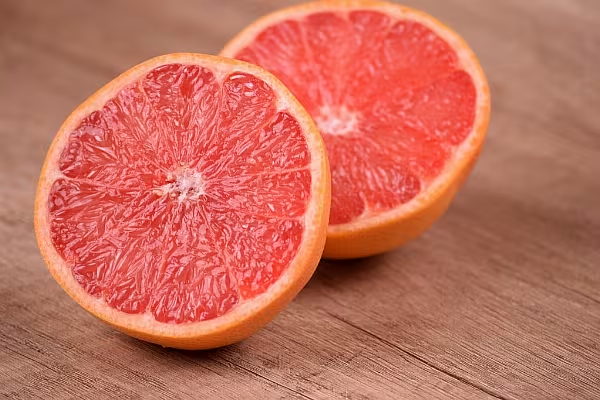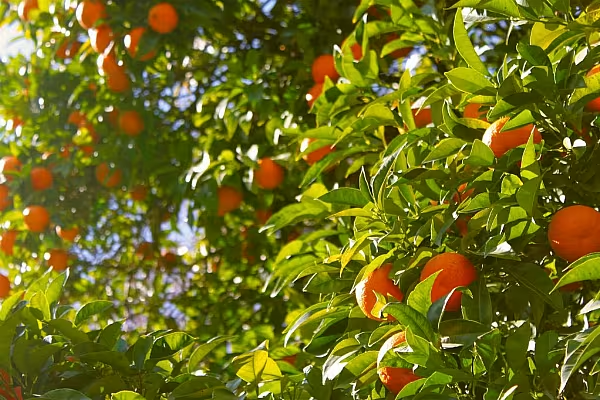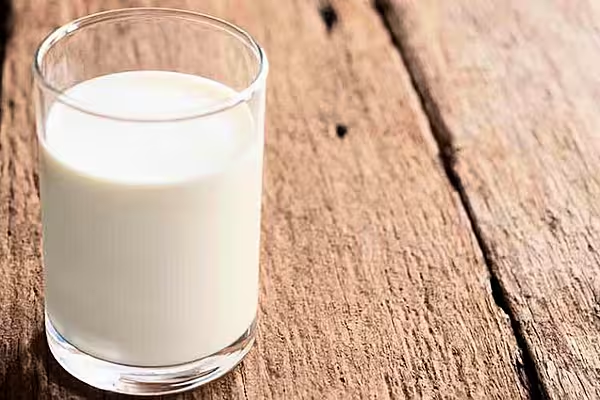Orange-juice futures surged by the New York exchange limit to a record settlement as the citrus-greening disease shrinks the harvest in Florida, the world’s second-biggest citrus grower.
In Florida, collection of early and mid-season oranges -- or those that ripen from October through January -- is less than half of what it was this time last year, the U.S. Department of Agriculture’s statistics unit said Monday. At the same time, exports are shrinking from Brazil, the No. 1 grower, deepening global supply concerns.
“The world is going to have a shortage this year,” said Thomas Spreen, an emeritus professor of agricultural economics at the University of Florida’s Institute of Food and Agricultural Sciences. “There’s probably more upside than downside to this market.”
Prices for orange juice have surged 55 percent this year in New York. The Asian citrus psyllid, a disease-spreading bug, has infiltrated groves so deeply that production in Brazil is set to be the lowest in two decades, compounded by earlier droughts and tree losses. Florida’s output is poised to drop a fifth straight season, the worst slump in more than a century, USDA data show.
Limit Up
On ICE Futures U.S., orange juice for January delivery soared by the maximum of 10 cents, or 4.7 percent, to settle at $2.2365 a pound, the highest closing price ever. The intraday record is $2.2695 on Jan. 23, 2012. The commodity has soared 67 percent in the past 12 months.
In the 12 months that started Oct. 1, Florida’s orange crop will drop to 70 million boxes from 81.6 million a year earlier amid persistent damage from citrus-greening disease that curbs yields and eventually kills the trees, the USDA has forecast. A box weighs 90 pounds, or 41 kilograms.
A very wet winter in Florida has compounded the crop woes. The inclement weather has caused a so-called post-blossom fruit drop, and “that’s why probably the crop is falling behind again,” said Spreen, who does consulting work for the state’s Department of Citrus.
In Brazil, exports of the juice dropped 21 percent in October from a year earlier, data from the trade ministry showed Tuesday. That comes after U.S. inventories of frozen orange juice tumbled 20 percent in September from a year earlier.
“People are really getting worried about supply,” Jack Scoville, vice president for Price Futures Group in Chicago, said in a telephone interview. “There’s no selling in this market.”
News by Bloomberg, edited by ESM. To subscribe to ESM: The European Supermarket Magazine, click here.














